Poetry is rather an approach to things, to life, than it is typographical production
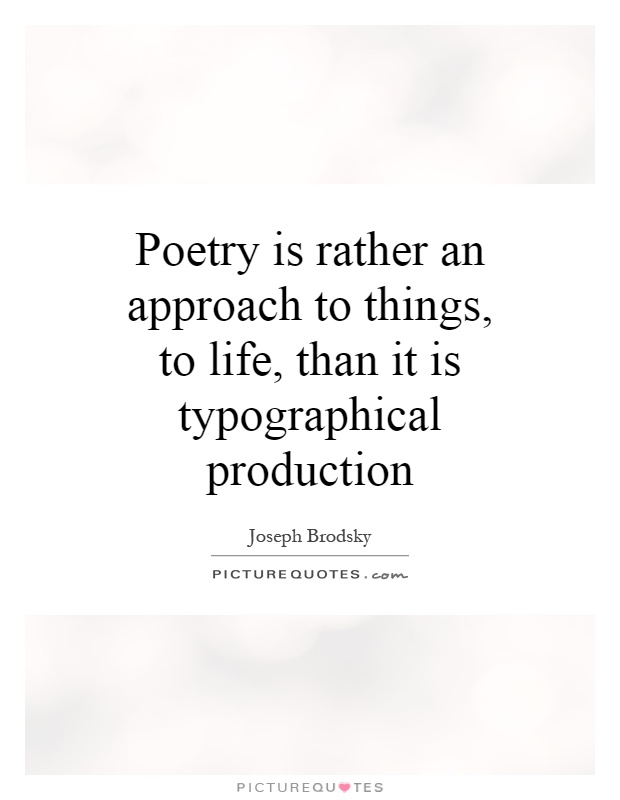
Poetry is rather an approach to things, to life, than it is typographical production
Joseph Brodsky, a Russian-American poet and essayist, once famously said, “Poetry is rather an approach to things, to life, than it is typographical production.” This statement encapsulates the essence of Brodsky’s view on poetry as a means of understanding and interpreting the world around us, rather than simply a form of written expression.Brodsky’s poetry is characterized by its deep philosophical insights and profound reflections on the human experience. His work often delves into themes of love, loss, memory, and the passage of time, offering readers a unique perspective on the complexities of existence. For Brodsky, poetry was not just a medium for self-expression, but a way of engaging with the world and making sense of its inherent beauty and chaos.
In his essay “Less Than One,” Brodsky explores the idea that poetry is a form of communication that transcends language and culture. He argues that poetry has the power to connect people across time and space, allowing them to share in the universal human experience. By approaching poetry as a means of understanding and connecting with others, Brodsky emphasizes the importance of empathy and compassion in the creative process.
Brodsky’s own life story is a testament to the transformative power of poetry. Born in Soviet Russia, he faced persecution and exile for his dissident views and was eventually forced to leave his homeland. Despite these challenges, Brodsky continued to write and publish poetry, using his words to express his longing for freedom and his deep connection to his Russian heritage.
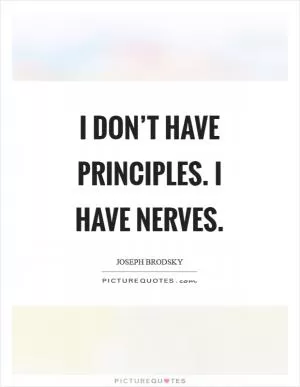
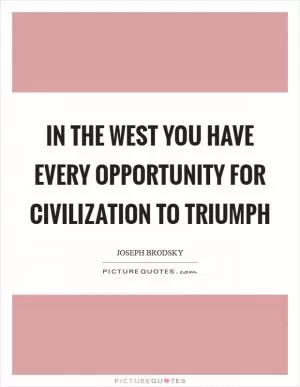
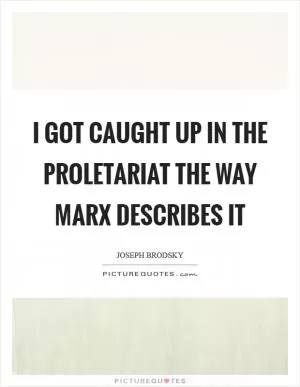

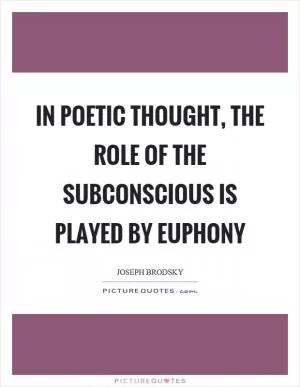
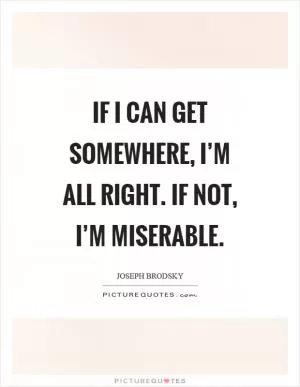
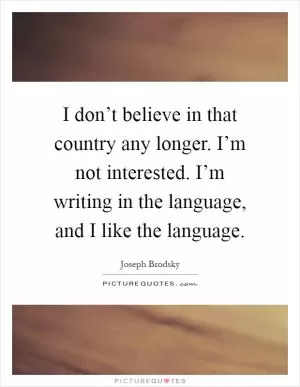

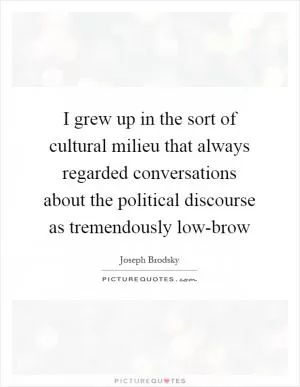
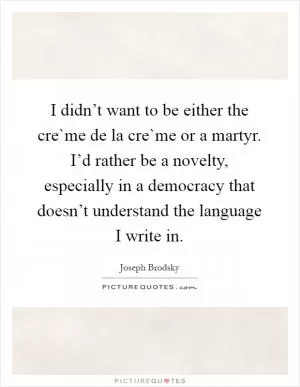
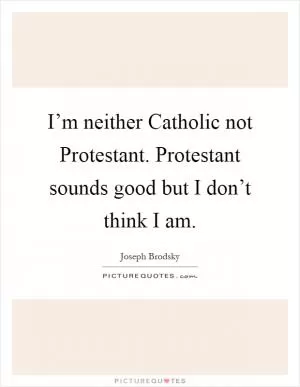
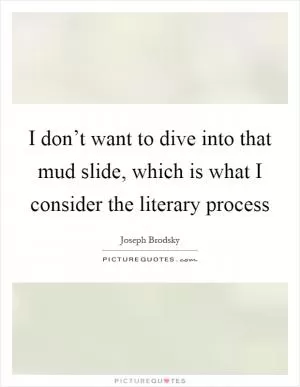
 Friendship Quotes
Friendship Quotes Love Quotes
Love Quotes Life Quotes
Life Quotes Funny Quotes
Funny Quotes Motivational Quotes
Motivational Quotes Inspirational Quotes
Inspirational Quotes